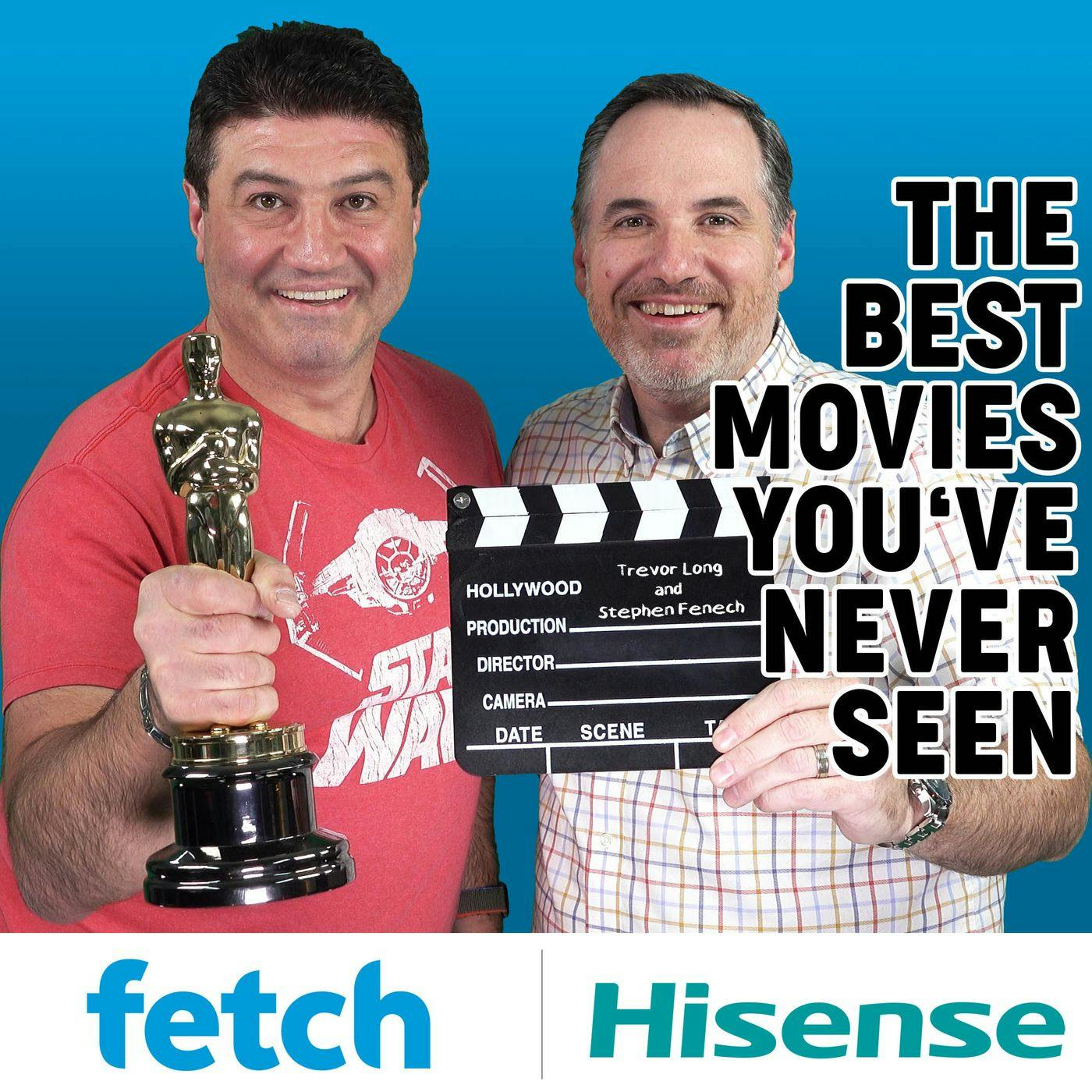.png)
The Late Bloomer Actor
Welcome to "The Late Bloomer Actor", a monthly podcast series hosted by Australian actor David John Clark.
Join David as he engages in discussions with those that have helped him on his journey as a late bloomer actor, where he shares personal stories, insights, and wisdom gained from his unique path as a late bloomer actor and the lessons he has learned, and continued to learn, from the many sources available in the acting world.
Each episode features conversations with actors and industry insiders that have crossed paths with David who generously offer their own experiences and lessons learned.
Discover practical advice, inspiration, and invaluable insights into the acting industry as David and his guests delve into a wide range of topics. From auditioning tips to navigating the complexities of the industry, honing acting skills, and cultivating mental resilience, every episode is packed with actionable takeaways to empower you on your own acting journey.
Whether you're a seasoned actor, an aspiring performer, or simply curious about the world of acting, "The Late Bloomer Actor" is here to support your growth and development. Tune in to gain clarity, confidence, and motivation as you pursue your dreams in the world of acting. Join us and let's embark on this transformative journey together!
The Late Bloomer Actor
Character Building with Greg Apps
Text The Late Bloomer Actor a Question or Comment.
Episode 4 with casting director Greg Apps and host of the online acting training resource The Audition Technique.
I consider Greg a great friend and mentor as he has been a part of my acting journey almost from the commencement of my journey.
Greg has a wonderfully long history in the Australian television and movie scene, as well as having been involved in some great international productions. He is a wealth of knowledge for actors particularly in the world of auditions. This is where the role journey starts and it is likely the biggest hurdle for most, if not all, actors. Greg always tells it like it is, how do you stand out in the audition room when dozens of other actors are all delivering the same scene.
In this discussion, Greg imparts his knowledge but in a more focused manner addressing the complexities, pros and cons of the acting world for the more mature actors. We particularly discuss the need for a plan B, outside of acting, a pertinent discussion regardless of your position on the acting timeline.
You can find all the information for Greg Apps training at The Audition Technique by following www.theauditiontechnique.com
And feel free to check out Greg on his social media channels where he is a regular appearance imparting knowledge bombs on regular posts and videos.
Facebook: www.facebook.com/TheAuditionTechnique
Instagram: www.instagram.com/auditiontechnique
and recently to Tik Tok: www.tiktok.com/@theauditiontechnique
Please if you enjoy this episode, be sure to follow or subscribe to the podcast if you haven't already, and binge the all the episode
The easiest way to record podcasts and videos in studio quality from anywhere. All from the browser.
StageMilk
An acting resource site for actors. A 1 stop shop for monologues, scenes, articles and acting tips.
Disclaimer: This post contains affiliate links. If you make a purchase, I may receive a commission at no extra cost to you.
Please consider supporting the show by becoming a paid subscriber (you can cancel at any time) by clicking here and you will have the opportunity to be a part of the live recordings prior to release.
Please follow on Facebook, Instagram, YouTube and Tik Tok.
And please Rate the show on IMDB.
This episode was recorded on RiversideFM - click the link to join and record.
This episode is supported by Castability - an Audition Simulator, follow the link and use the code: LATEBLOOMERACTOR for 30% of your first monthly membership.
And finally, I am a huge advocate for and user of WeAudition - an online community for self-taping and auditions. Sign up with the PROMO code: LATEBLOOMER for 25% of your ongoing membership.
David John Clark 00:00:02
My guest today is my first industry guest and a longtime mentor and online audition coach. He is a casting director and has been involved in the industry since 1973. He started out in the acting field and had roles in some classic Australian productions including Homicide and The Young Doctors, before moving into a world of casting where he has over 100 IMDb credits as a casting director. He's helped forge the careers of many, well known, actors, including some of my favourites, Guy Pearce, Sam Worthington, Russell Crowe, Eric Bana, Jackie Mackenzie and Hugo Weaving, just to name a few. He's been involved in the casting of hundreds of television commercials, television shows, miniseries and many great blockbuster movies, including Mission Impossible 2, Knowing, Queen of the Damned and Romper Stomper. I came to know him through his company, The Audition Technique, which gives his students the inside knowledge what the casting director sees and how to bring an audition to life, how to make it stand out from sometimes hundreds of auditions as a casting director and production crew will see on the road to choosing that one actor for the role. Please welcome to the podcast Mr. Greg Apps.
Greg Apps 00:01:57
We just need to pick you up on one thing, David. I mean, if you're going to mention that I was an actor, I'd rather the two credits you mentioned are not solely Homicide and Young Doctors. So, if I can add Sunday Too Far Away, if I can add Chant of Jimmy Blacksmith, if I can add Rocky Horror Show, then now I'm a happy camper.
David John Clark 00:02:18
Beautiful. I'm a bit younger, so I had to name the ones I knew. I haven't seen a couple of the others, but there's certainly some classics there. Certainly. Now, I believe you're now based in Lismore and as most Australians would know, you've just gone through some of the worst flooding crisis for that area. I hope you and Robyn are holding up okay from that.
Greg Apps 00:02:40
Look, we are it hasn't affected us directly because we're up on the Plateau, but obviously our whole community is affected because we're halfway between Balina and Lismore and both were flood affected. And we're just now really learning the knock-on effects. I mean, the initial effects were the kind of the poisonous water that was kind of that flowed through the town because it sucked everything out of septic tanks, dead animals, everything. Everything just got washed into this one big bathtub of water. So, the mud that hung around was kind of a big stench. But thank you for sort of thinking of it. And the other thing I want to say about it is how many people just turned up. We'd be standing in the street and the car would pull up and say, I've just driven up from Sydney. I've got a kind of a car full of water and groceries and things like that. Where should I go? So, on spec, they just turned up, which is.
David John Clark 00:03:46
Awesome. That's also good to see the Australians are still there. I think through the COVID times in my role working at an airport, I've just seen a big culture change and people have been so focused on themselves. But to see a disaster like this and to see the Australians still coming out and helping their fellow neighbours from another state, that's wonderful.
Greg Apps 00:04:04
It is.
David John Clark 00:04:07
Well, thanks for coming on the podcast, a podcast that I've put together, looking at the journey of late bloomer actors and the complexities of trying to make it in arguably one of the hardest markets in the world. But before we delve into picking your brain for your insights into how us older actors can make it successful in the acting world, can you give us a quick insight into your career as an actor and casting director? What has been your driving factor behind your success?
Greg Apps 00:04:32
Let's start with being an actor. When I started acting, you got an appointment and you turned up at the appointment. When you arrived, the sides were put in your hand because there was no Fax machine and there was no kind of come and pick up a script. So, in fact, the kind of a skill that you really needed at that time was to have good side reading. I can't imagine what actors who suffer from dyslexia must have gone through in that time. The first time. And I remember the first time I did an audition with the tape and I pulled the chair up to the table and they said, no, that chair is on a Mark. So, I put the chair back to the Mark and the producer is sitting there because the producer wants to see my face. But the reader was over there off to the side and they said, but please look at the camera for your audition. The person I'm talking to is there, but they want an eye line there. So, it was rough and ready back in those days. But in terms of acting, sort of I just got to the stage with acting that sort of I felt I'm turning up. As an actor, you love the idea that I'm going to do something different every day, that I'm going to meet new challenges and new mountains to scale and all that kind of thing. But I found myself after a few years of years, I was sitting in the same waiting rooms opposite the same actors who were sort of my contemporaries, my peers, but sitting in the same room instead of an invariably, like any actor, I'd look across and see Johnny there, and I'd go, Johnny, he'll get it, he'll get it. He's great for this. So it was that kind of thing. Mostly what I didn't feel because I was newly married and sort of had a child on the way. And what I felt was I couldn't make plans. I couldn't make plans. That said, at this time next year, I'll travel, I'll buy a car, I'll do anything because it was living. And it's very easy as an actor to live hand to mouth. But I think what you have to do as an actor is find yourself a kind of a plan B, a fall back. And it's not that that replaces plan A. It actually feeds plan A. Plan A is to be an actor and you need a plan. By the way. You know, David, I've spoken about the fact that as an actor, you need a plan. You need to plot that by the end of the year, I will have cracked that casting director and I'll be getting auditions with them or something like that, or I have a new agent or my first agent. You need to have that's plan A. Plan B is how to subsidise your life, maintain your lifestyle so you maintain sort of contentment, happiness whilst waiting for plan A to sort of kick into gear.
David John Clark 00:07:37
That's interesting, isn't it? It goes a lot. So, we'll talk a bit later about the late bloomer actors because most of them have got a career in place anyway. So how they get around the complexities of making the acting work. Getting straight to the point, in your experience as a casting director, do you see, in the audition room any significant differences between untrained younger actors that you might be seeing before they've gone to drama school, for example, and untrained older actors. So, does the life experience of an older actor makes for a better audition or does it hold them back?
Greg Apps 00:08:11
Well, like young people the world over, in any industry, in any career, they're bulletproof. So therefore, they will attempt to try anything. Whereas as we get older, a couple of things. One is we go, oh, no, I've tried that before and that didn't work. And so therefore we take that option off the table. And the second thing I think is we go, oh, no, I don't want to embarrass myself and do that. Whereas when people are younger, they go, they'll actually go places that sort of somebody with a little bit more maturity won't go. I'm really fortunate as a casting director because, in fact, in terms of being able to try new people, try different things, it's like, it's not my career that's on camera. I'm not in front of people. I don't have a public face. And there's a territory of casting, mostly because of the digital age now where I can try new people, try different people. And if they don't cut it, they don't get seen. They don't go beyond because there are these different levels of success in the industry for an actor. And at the first level is to crack it with a casting director is to get the casting director to champion your work, the casting director to want to see more of you. And if that happens now, the casting director and even with those people that I want to see more of, I'm waiting for them to be ready to present, to go to the next stage, to go to the stage of exciting a director or a producer about them.
David John Clark 00:10:03
So, it's not always just skill set. It's about being ready.
Greg Apps 00:10:09
Yes. One of the analogies I use is the fact that sort of if a tradesman comes into your house to do a quote, the tradesman that comes in with the kind of a nice Polo shirt with their name embroidered and the kind of a company on the and they've got the kind of the calculator and the clipboard and all that kind of thing, and they come in and they're absolutely slick. So you go, wow, this guy is a great tradesman. This guy is a fantastic no, he's not. He's a fantastic quota. And I liken that to sort of doing an audition as an actor. So, it's like if you don't have that audition skill, it's easily to discount you as an actor, you might be a great actor and legendary. I've seen it myself in the room, highly experienced, respected Theatre actors who when they get into that immediacy of sort of the audition process, that instinctive, kind of spontaneous moment to moment performance, they start to flounder. And it's not that they're bad actors. It's just that that process that they're forced to go through the audition process is foreign to them is not something they're comfortable with. They want the preparation because they've grown up through stage. So, they've grown up through I will present my character after six weeks of rehearsal. Thank you very much. Bang. It's ten three. So, it's your turn to audition. And so therefore, it's those skills. And as you know, there are many of the things that I talk about in our courses because you need to have the courage and the fool hardiness to be kind of spontaneous and instinctive.
David John Clark 00:11:53
It's interesting because I've listened to lots of other podcasts that I've interviewed top Hollywood names, and fortunately for them, most of them. So, I don't have to audition anymore because they come to them for whatever project is on. But even they say that they hate auditions. So, the great actors we know the great actors because they're Hollywood bound, but even they've said, hate the audition room, always have. And if I didn't have to do it, I'd prefer not to do it. So, I think that's a very interesting point, is that here we are wondering whether we need to go and get the formal training. And that sort of leading into my next question is that so many younger actors have, straight out of drama school, have had that three years of training, whereas the older actors, they're coming into the audition space lacking that foundation, having perhaps only been able to participate in short term classes or your local acting classes because of their 40 hours week jobs. They're servicing mortgages and family commitments. And that when they come into that audition space, that's the training they really need, isn't it? How to deliver in that room, not how to be an actor on set.
Greg Apps 00:13:07
Very true. I'm going to sort of equate it as two ways. There's a pathway. Okay. And you mentioned actors that sort of have three training be at three years or one year or whatever it is. But basically, they're going to start saying, let me get really good, and then I'll start to go off and do acting. And it's a bit like if you were a great architect and did great kind of sketches and a great graphic artist, so therefore you could display drawings and all that kind of thing. That's great. You're ready, willing and able to do your stuff once you get the job. But has the course, the architecture course taught you how to get the job in the first place and in that regard, to that extent, instead of starting with training and then moving forward, because I'm a good actor, I'd love to empower actors to understand. No. Find out what the end result is. What do you need to deliver to get the job, to get the attention, to get the point of focus of the casting director and work backwards from that? If that's the person who's got the job, if that's the person, the casting director who is casting the jobs that I think is my next stepping stone, it's not the role you dream of doing, but the kind of the next role in my career path. How do I get engaged with them? How do I connect with them? And it's not just the person, it's actually the project. I say there's three things you need to aim for. It's not three. At the same time, there's a choice of three. You can either target a person that's like a casting director or a director, and the director can be just as kind of a student filmmaker, that you love their work, that you chase them. The second thing that you chase is a project that you see a project and go, I want to be part of that project. And so now suddenly you do your preparation in that project. If it's a crime series, you do little kind of self-tapes based on the kind of the criminal figures or the cops or the kind of the forensic scientists, the type of characters that populate the community in that project. And the third target that you can take in your journey is a character. Jim Carrey is a classic example of someone who was just wacko, wild and wacky and fun and different individual and all that kind of thing. And that's all he set out to do. But having done that, having achieved that now suddenly people started casting him in drama. And one of the things I want everybody to think about is because he went to achieve that place in the market, that niche, that niche that suited him. If on Broadway or anywhere there was a production of King Lear and Jim Carey was playing King Lear, is he the best choice? And the answer is on. And you'd go, well, no, there'd be far better people. Far better people. But would you go and see Jim Carrey play Lear? And the answer is in a heartbeat.
David John Clark 00:16:17
Definitely.
Greg Apps 00:16:19
He's created an aura about who he is, and I want to see more of him. I want to see more of him. And that's the same relationship an actor has to strike with a casting director. That the territory you occupy creatively is not driven by how good you are, but driven by how individual you are. Makes sense?
David John Clark 00:16:42
Yeah. Does that lead to actors having we've discussed this before, but having a brand or having a character type, or is it just being able to mix and match? Like you said, when certain projects come up, that's when you start playing with the police officer character type or if there's a dark and murky TV show, you start putting together some show reels of criminal entities. Is it about having one brand or being able to just mix and match when you need to?
Greg Apps 00:17:13
It's mix and match when you need to, but sort of understand, like any product, like any product in the marketplace, in any product category, there's things that you're really good at. Coca Cola is synonymous with sort of sweet fizzy drinks. Okay. I think they own Mount Franklin Spring Water or something like that. The point being is they also have a but the words Coca Cola imply a certain thing. The name Jim Carrey implies a certain thing. So therefore, the point I'm making is you have these different things that you are honing and refining your craft in different things, different categories that you are really good at. So, I think perhaps what I'm arguing is to say the first thing you work on is the characters and work on 6, 8, 10 characters, distinctive individual characters, different. The cop through to the kind of the criminal, the school teacher through to the kind of the bad parent. You start working on these characters, and then a project comes along and you go, I know exactly the character, the product that will actually kind of gain traction with that person casting that project.
David John Clark 00:18:37
Yes. It's a different thought process than most drama schools will teach, isn't it? A lot of schools don't have the business side of acting. They don't even do audition training. They just put you up on your stage and in front of your camera and then say you're free to go, out you get, and do it. And then all of a sudden, they find themselves in an audition room and they have no idea who they are or what they want to be or where they're going. So very interesting.
Greg Apps 00:19:09
It's the age-old thing. If people think ability is what gets you noticed, it's suitability.
David John Clark 00:19:17
Definitely.
Greg Apps 00:19:18
If you've got the great Detective, the great cop, that's going to stand you in great shape. And let's face it, in terms of a cop, how many roles of cops are there in television and film? And the answer is, a lot. So that's a good stock character. That's a good stock character to hone and refine and sort of create for yourself. And it's those kinds of characters because, I mean, as a character actor, we can say, oh, I played this great 85-year-old Tibetan Monk at drama school, and I'm just waiting for the opportunity to recreate that. And it's kind of not going to happen because it's like it's not a stock character, 85-year-old Tibetan monks. There's not many opportunities for those kinds of characters.
David John Clark 00:20:18
I remember once talking about auditioning it and how many other many actors try to follow the writers notes 100%. And you called this the actor conforming. You said people don't become actors to become conformist. That being said, how many older actors would have this as a staple of their careers? They're following orders, systems, regimes, et cetera, because that's what they've done for their entire career in whatever job they're in. How do you suggest they step out of that mold and become a nonconformist actor, if that's the right way to describe it?
Greg Apps 00:20:51
I think, again, that pathway. What happens when you get a what do you do if you're creating a character? You read script after script after script, you're looking for the scene that you want to do and what prompts you to choose a scene. Many times, it will be what happens in the scene, but many times also it will be you fall in love with it with a specific line because you just know, you know how that line sounds. And to a certain extent, what you're falling in love with is not the line. You're falling in love with the delivery. You actually are pre planning that moment in the scene. And that is what is the catalyst to you choosing a scene to do. I'm saying, no, what is the end result? And the end result is I want this great gritty kind of Grubby kind of Detective. That's the character I want. The qualities of that character don't require a script to start to refine it, to hone it. So, what I always say to people is read the script twice, put it to one side, now go and work the character because you know what's going on in the scene. You can do an improvisation. I mean, let's face it, if you read the script twice, what sort of character or what sort of kind of piece of tape would Jim Carey create? Or Robin Williams or Robert Downey Jr. It'll be fascinating, absolutely fascinating. Why? Because they're borrowing from the qualities that they can put into that character, that they can bring to that character. That's the important thing. Whereas every actor, especially at drama school, you are taught to absorb, consume the page. And it's the page, the page, the page. It's not the page, it's the character on the screen. So, in that regard, the kind of drama school training and drama school training is still of the basis of the better you are, the more work you will get, not the better you are, the more appropriate you are, as I say, suitability, not ability. So, I think, therefore, to wrap up what I just said, the idea is that you create as much distance between you and the script as possible. You go to the script at the last possible moment and many people will be saying, well, how can I possibly create the character if I'm not looking at the script? Because the script has one character on it, one version of the character on it, and everybody's doing that. And an audition performance is where a casting director, what I call a member of the audition audience, is watching the exact same performance again and again and again. Think of it like this. You go to the Theatre, you're sitting in the Theatre and an actor comes out and stands front centre stage, stands on a Mark at the middle of the stage looking out to the audience and delivers the scene. The curtain comes down, the curtain comes up, another actor, same age, same gender, comes out and stands on the exact same Mark with the exact same you're looking out to the Theatre and does the exact same scene. How many actors do you have to see before you start going? No more? Or more importantly, once you're seeing the fourth, 5th, 6th actor, how long do you need to see their scene to know whether you're interested or not? So, the person that comes in and tries to recreate faithfully, what's on the page is the person who is the same as the person before them and same as the person after them. And the way to do that is to distance yourself from the script for as long as possible. For as long as possible. Let me give you another example, which is or another part of the platform of my thinking is the fact that the writer has to write a script whereby everybody knows exactly what's going on. So therefore, the kind of the character that's on the page is really apparent. That's what the punctuation does and the writer's directions and all of that kind of thing. The writer is making the character as clearly definable as possible, as clearly defined as possible. Why? Because everybody has to understand it. But now the actor gets the script says, I know exactly how to do this. If you know exactly how to do this, so does everybody else. It's about finding the way that actually comes at what I call the literal version of the character, the apparent version of the character. That's what the writer has to present, the apparent version of the character. It's not what the actor has to deliver. It's what the writer has to has to present. And as I've said a number of times is that big. The writer doesn't own the character. The writer owns the plot. The actor owns the character.
David John Clark 00:26:01
So, when the actors delivering this character and this difference in the audition room, a lot of people see that as I've got to do something really wacky, really strange to stand out, which is you're not going to go in there and scream or do a dance beforehand. So, you're just saying find something that you bring specifically to that character, to that role and then deliver it and forget about the lines on the script.
Greg Apps 00:26:32
Look, that's the kind again, David, that is the literal interpretation of what I'm saying. Forget about the script. Forget about the line. No, what I'm saying. For instance, I'm in the middle of a course at the moment. There's a scene we do, and it's from Chad Dalton, that company mock sides. And it's about a girl who's scared of a Spider and gets a guy to come over to help her with the Spider. And the whole scene is about the fear that this girl has of the Spider. Okay, so what does everybody play? The fear of the girl. What if the girl fancied the guy? So therefore, she calls him to say, come over because there's a Spider in my house, because she fancies him, and she was just testing whether he would come over. And that's the suggestion I made to somebody. And they played it beautifully. But the fact is that what she's done has not changed the performance hasn't done something wacky. She's changed the relationship. The relationship is no longer the fear between the girl and the Spider, which is the literal version, the apparent version. What she's done is she swapped the relationship to the relationship with the guy and say, thank you for coming over. This is wonderful, because as a Spider, I'm really scared of spiders. And it's that it's changing the relationship. And once you do that, the whole scene changes. And that is a risk. That's a risk. You've gone into new territory. But you haven't done one wacky thing to say, hey, I can do something different.
David John Clark 00:28:16
And I suppose at the end of the day, the casting director will see what you've done and they'll take it as a positive or a negative and redirect you down another path. If they want another take don't they?
Greg Apps 00:28:27
Absolutely. But what they've also clocked is the fact that you will do something interesting, you will do something different. And let's face it again, here we are starting at the end result. What's my journey in all of this as a casting director, if all I was trying to do was to put 50 people down on tape and find the best person, I wouldn't get any work as a casting director because I'm not actually applying any creative instinct to it. My job is to sort of when there is the Detective, to have the kind of the big, dumpy, fat guy, the kind of the cold, calculating woman, the kind of the Muslim woman in a hijab. It's about putting variety on the screen in front of the director, because otherwise the script isn't set in concrete. The character on the screen is not set in concrete. It's like actors will interpret that as they don't know what they're looking for. Oh, yeah, we know what we're looking for. We're looking for a character that jumps off the screen, a character that actually contributes to the community we're trying to construct. It's like. And if you don't contribute to that community. Yes, I know that you're not right. We move on.
David John Clark 00:29:49
And I suppose a lot of people have said, I've been called up for this job and I'm not right for this role. I don't know why they're asking me, but if the casting director is asking for you, there's a damn reason why you're being asked. And it could purely be the casting director's vision to see a different character as opposed to what we're just reading in the blank character description on the script. I was just talking to Stephen Walker on the last podcast, and we were talking about how characters have changed so much from the old days where everyone was blonde and blue eyes and standard figure. But the Breaking Bad TV series and those shows have changed that mold, haven't they, that we now see this diversity of characters on screen, which is just brilliant to watch.
Greg Apps 00:30:36
I think it's a byproduct of the kind of the growth of cable. The thing about cable is free to air TV, okay? Network television in the States, that was always people watched it for free. So therefore, they just tried to aim for the lowest common denominator, aim for something that pleased the most people. So, to a certain extent, what they wanted to do is it didn't alienate anybody. It didn't polarise anybody. It's all right. Because. Why? Because we're flicking through and we're just seeing something that we don't need to think about. But cable, people have to choose to subscribe to that cable network and people have to choose to look at that series. So now suddenly they are forced to make a show which polarises people. So now suddenly cop shows become really gritty and hard hitting and sort of in your face. And there's some that are really tough to watch. That's the community, that Project has put together and they have to for cable, they would have to avoid that for network television. So, with that in mind, the characters have obviously changed. The characters have changed because, yes, you have to be this is the evolution of leading men. Back in the 80s, it was kind of Harrison Ford and Hugh Grant and all that kind of thing. It was people that were and even way back when it was Carrie Grant and all of those kinds of charming, good-looking guys, heroes, somebody who is very appealing and charming. Okay. And as I say, that carried over into the kind of the 80s with the Harrison Ford, the Hugh Grant. Then when the 90s came along, the ones that were leading men was Colin Farrell, Russell Crowe, tough, scary, gritty, grubby, confronting. It was that kind of thing. Mad, bad and dangerous to know, dare I say. But then when it got to the 2000s, Seth Rogen, Michael Cera, what's his name from ... William H. Macy, Steve Buscemi. These are the antithesis of Harrison Ford, but that's the territory. So really the qualities that I'm imploring actors to find is vulnerability is find the flaws of a character rather than the perfection of a character because that is old school.
David John Clark 00:33:19
And I think William H. Macy and Steve Buscemi are two of the actors that you've always said to me, that's the approach or that's the sort of territory that I need to explore in my characters, even after doing I've done all the training with you and especially the creating compelling characters course, which is just brilliant. I still struggle to try and find that approach because I'm still worried about, worried, it's not the right word, but it's still me coming up on the screen. And in one way I've had you review me. I don't want to see David Clark the actor. I want to see David Clark in the characters. And I sort of finding that area. How do I do that? Because I still get some roles where I do it and I go, you're too nice. Your additional you take was too nice because I'm a nice guy. Apparently, I'm struggling to find that. I need to be a bit more of a prick!
Greg Apps 00:34:17
To a certain extent. Look, as far as detectives go, what there's three or four different types. I don't know. I haven't even thought about it. So, there might be a lot more, there might be less. But let's say there's three or four and there's the grubby one. And suddenly he's got a few days growth and suddenly he'll certainly be plain clothes, that kind of thing. He probably even does drugs. And now suddenly you can see we've created a version of a cop that you can imagine would exist, but a version of a cop that exists in a unique setting. But that's what we're looking for as casting directors in the kind of the digital age, in the kind of the cable television age, people that exist in unique settings. I mean, gone is the day of the cop, the doctor, the doctor that sort of is a doctor kind of 20 years ago was a guy with a full head of hair who was between 40 and 55, maybe with glasses, Caucasian, tall, good looking. That's a doctor. That's a doctor. Can you imagine as a casting director, if I served up a tape to a producer or a director and that they're the only people that were on the tape, Caucasian males in their 40s with a full head of grey hair? I wouldn't work. I wouldn't work. So, we're encouraging you to find and I don't mean you specifically, but you the actor. We're encouraging you to find the territory of a version of the character that is unique to you that only you can play.
David John Clark 00:36:08
Awesome. I love it. All right, Greg, I know. I'm mindful of the time that you've got somewhere to go. So just one quick question I wanted to delve into, and we were sort of talking a bit about the online world. Now, it's always been considered in Australia here anyway, that Sydney and Melbourne were the acting hubs for Acting Australia. Many young actors, they packed their bags from their regional towns or cities and they move inter-state, which is, for us, late bloomers, it's just not a possibility where we settled with a home mortgage, children schools. In today's world of self-taping and Zoom callbacks, is the world opening up for actors who remain in their home States, or is it still a bit centric around the main hubs? And obviously, this is very pertinent for anyone in anywhere in the world, whether you're in LA or London, et cetera.
Greg Apps 00:36:56
Sure, a lot of the people that I've worked with in the States because you'd imagine the States, you've either got to be in LA if you want to be in television. But of course, you can be in Toronto or Vancouver. Now for television, New York is more stage, but now there's a lot of production out of Atlanta, Chicago, Miami, there are tax free States as well. So, you know, they're going to look at Ozark, Ozark, where have they found those characters? Notice I didn't say actors or character actors. I said characters. So, they are a character first and foremost. So, the fact is you can sort of work in your region, but you don't get access to the kind of the higher echelon of roles, generally speaking. But that's okay because for many late bloomer actors, what they're doing is they're looking to break in, to break in. Let's face it, if you were in Ozark country where they shoot that, you know, the kind of character you've got to create to attract attention. I mean, in the old days as well, of course, everything was studio based. So therefore, where were the Studios in the big cities? So that's where the kind of the casting was done and that's where the casting directors and the casting directors are based there. So, I can't see an actor who was in Broken Hill or something like that. I can't see that because my office is in Sydney. Plus, also there was the reliance on the fact that even when self-taping came along, it's kind of like I can't cast somebody unless I see them in the room, unless I work with them in the room. But these days, these days we're being forced to sort of cast actors from self-tapes. And now people are embracing it. They're embracing the fact that it's a valuable, viable platform to sort of audition actors, therefore. But to give it a practical conclusion, because you're saying so for my listeners who want to stay in their region, what do they do? Well, firstly, identify who are the key people that are casting there, because we always dream of sort of cast auditioning for the big city casting directors. No work out who's doing your local casting. We see all that in the credits of American shows where the casting director will be credited and then it will say location casting or casting in Arkansas or where they might have done and producers years ago would have said, I have to fly everybody in now they're prepared because actors are decentralised because actors are staying in their home state. We do know that we can cast actors locally. We can cast people locally. It's really interesting. And you look at the kind of the shows that are around, one that really comes to mind. One of the first Alexander Pain films that sort of really had a combination of local actors and main actors is a film called Election with Reese Witherspoon. But you can see there's kind of that cast real people from the community and it adds that local flavour. Again, as I say, we're constructing a community, identify who you have to target and identify what type of. But again, make sure you nailed them with the characters. So, when the character comes along that you're right for Bang, they go, yes, let's get Dave in.
David John Clark 00:40:47
Beautiful. You're ready to go? Awesome. Well, Greg, thank you very much. I love your insights there, and I've spoken with you many times. So, I'm seeing you through our training and that it was good to have that chat in a focused sort of area with the concept of my podcast being the Late Bloomer. So, it's a pleasure to have you on. You've been a pivotal part of my late bloomer journey having met you here in Adelaide for one of your visits and then I've done self-taping schools and creating compelling characters course so I'm still waiting I'm still striving and I'm waiting for that first elusive professional on-screen role and I'm sure it'll come soon. So, I consider you're a mentor and a friend and I thank you very much for everything that you've given me in the past and that I'll get from you in the future. So, thank you very much.
Greg Apps 00:41:37
My pleasure. My pleasure, Dave. All the best.
David John Clark 00:41:42
Well, I must say I was so glad to have the opportunity to chat to Greg for my podcast. He's been a very pivotal part of my journey and a great influence on my audition technique and my character building. Hence the name of the episode, Character Building with Greg Apps. You can find the audition technique at www.theauditiontechnique.com and you will find information there for self-taping school and creating compelling characters. They're both absolutely brilliant online courses and you can also find the audition technique on Facebook, Instagram and now TikTok. I'll link these in the show notes. I hope you enjoyed the episode. I certainly did and I look forward to continuing the journey with you next month. Thank you and we'll see you on set.
Podcasts we love
Check out these other fine podcasts recommended by us, not an algorithm.
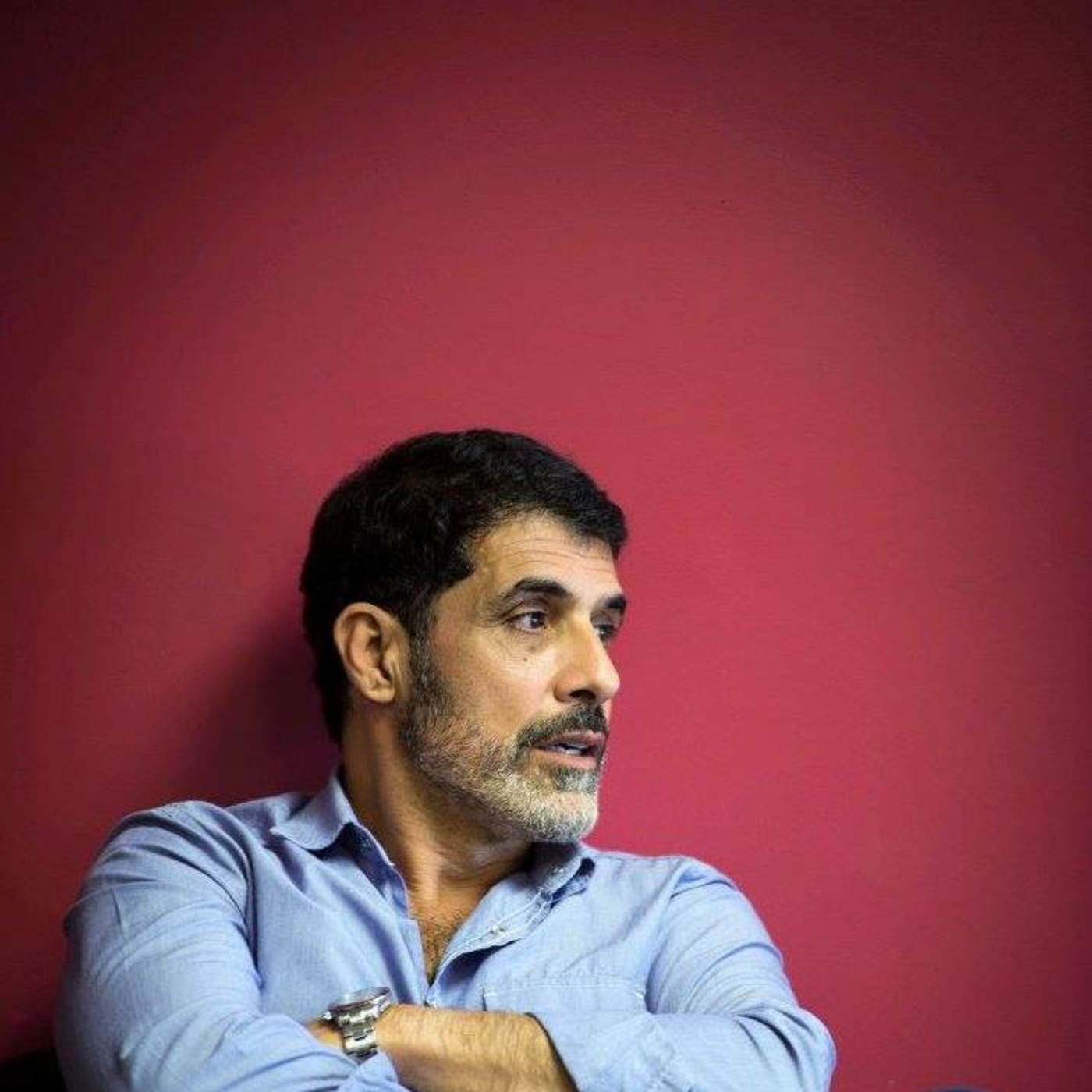
The Real Life Actor
Jeff Seymour
Audrey Helps Actors Podcast
Audrey Moore
Tipsy Casting
Jessica Sherman and Jenn Presser
Castability: The Podcast
The Castability App
Wendy Alane Wright's Secrets of a Hollywood Talent Manager Podcast
Wendy Alane Wright
Think Bigger Actors Podcast
DaJuan Johnson
ACTORS! YOU ARE ENOUGH!!
Amy Lyndon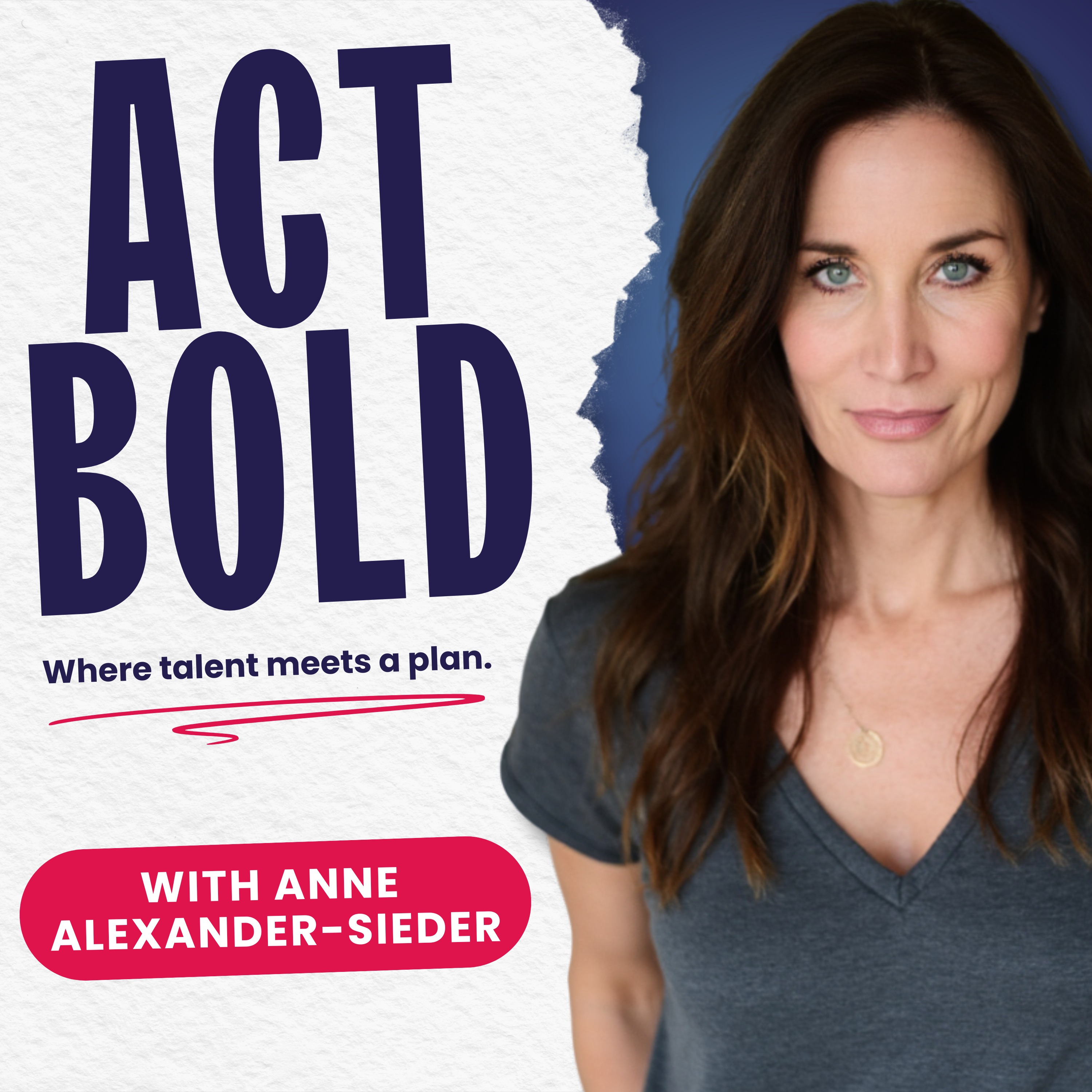
Act Bold - Where Talent Meets A Plan
Act Bold with Anne Alexander-Sieder
An Actor Survives
Emily McKnight
Podnews Weekly Review
James Cridland and Sam Sethi
Buzzcast
Buzzsprout
Box Angeles (for Actors)
Mike 'Box' Elder
Brian Breaks Character
Brian Patacca
Celebrity Catch Up: Life After That Thing I Did
Genevieve HassanCinema Australia
Cinema Australia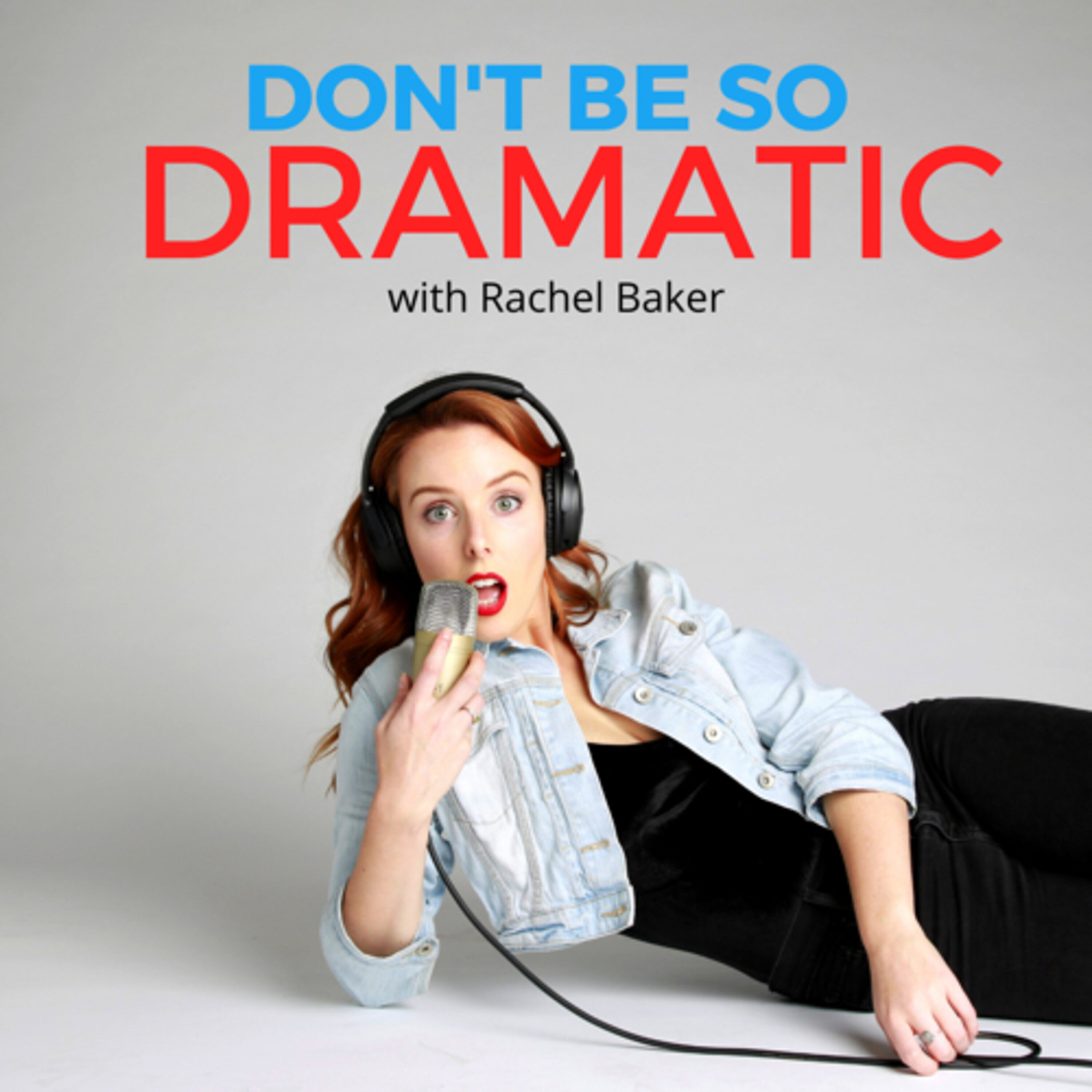
Don't Be So Dramatic
Rachel BakerEquity Foundation Podcast
Equity Foundation PodcastIn The Moment: Acting, Art and Life
Anthony MeindlIn the Envelope: The Actor’s Podcast
Backstage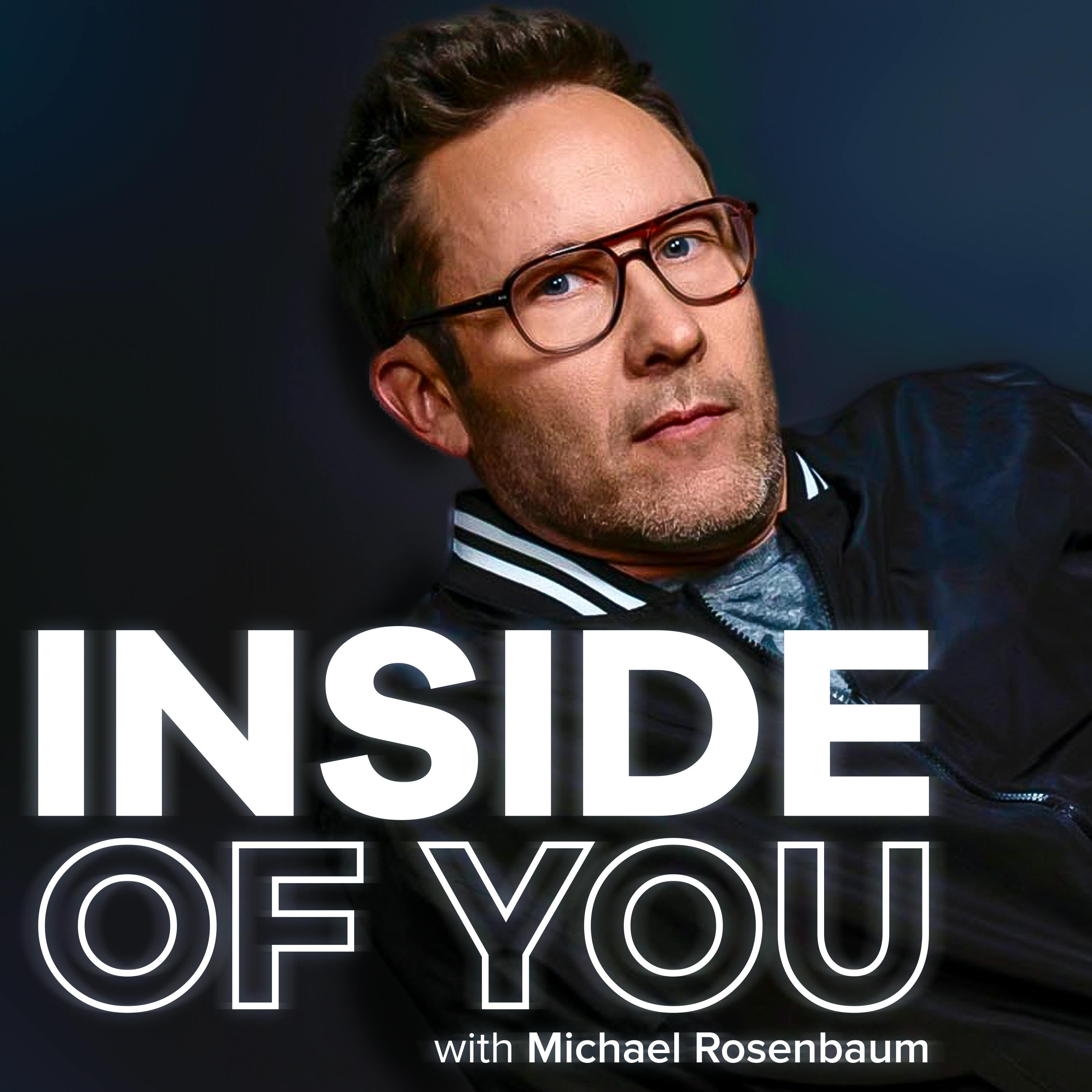
Inside of You with Michael Rosenbaum
Cumulus Podcast Network
Inspired by Nick Jones
Nick Jones
Killer Casting
Lisa Zambetti, Dean Laffan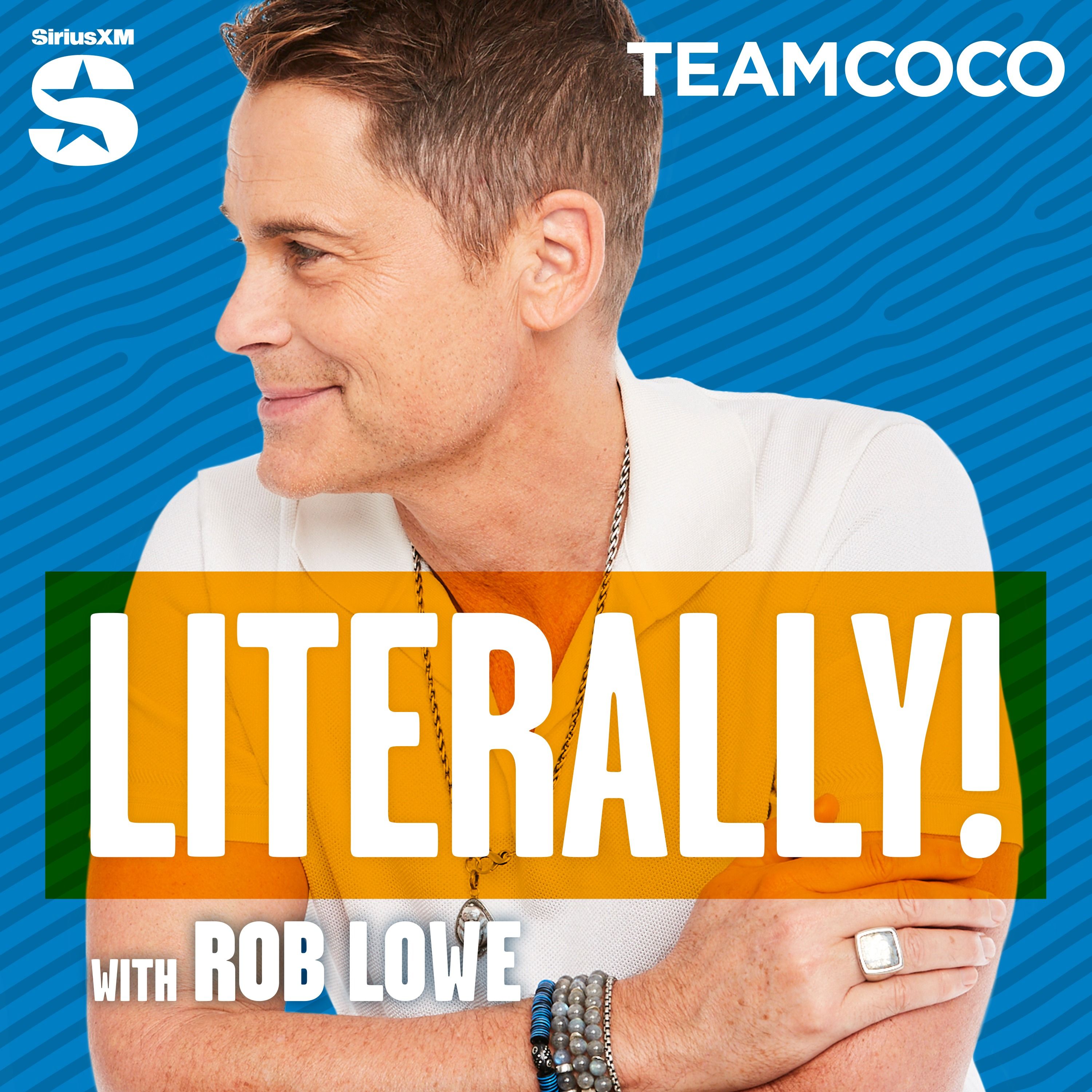
Literally! With Rob Lowe
Stitcher & Team Coco, Rob Lowe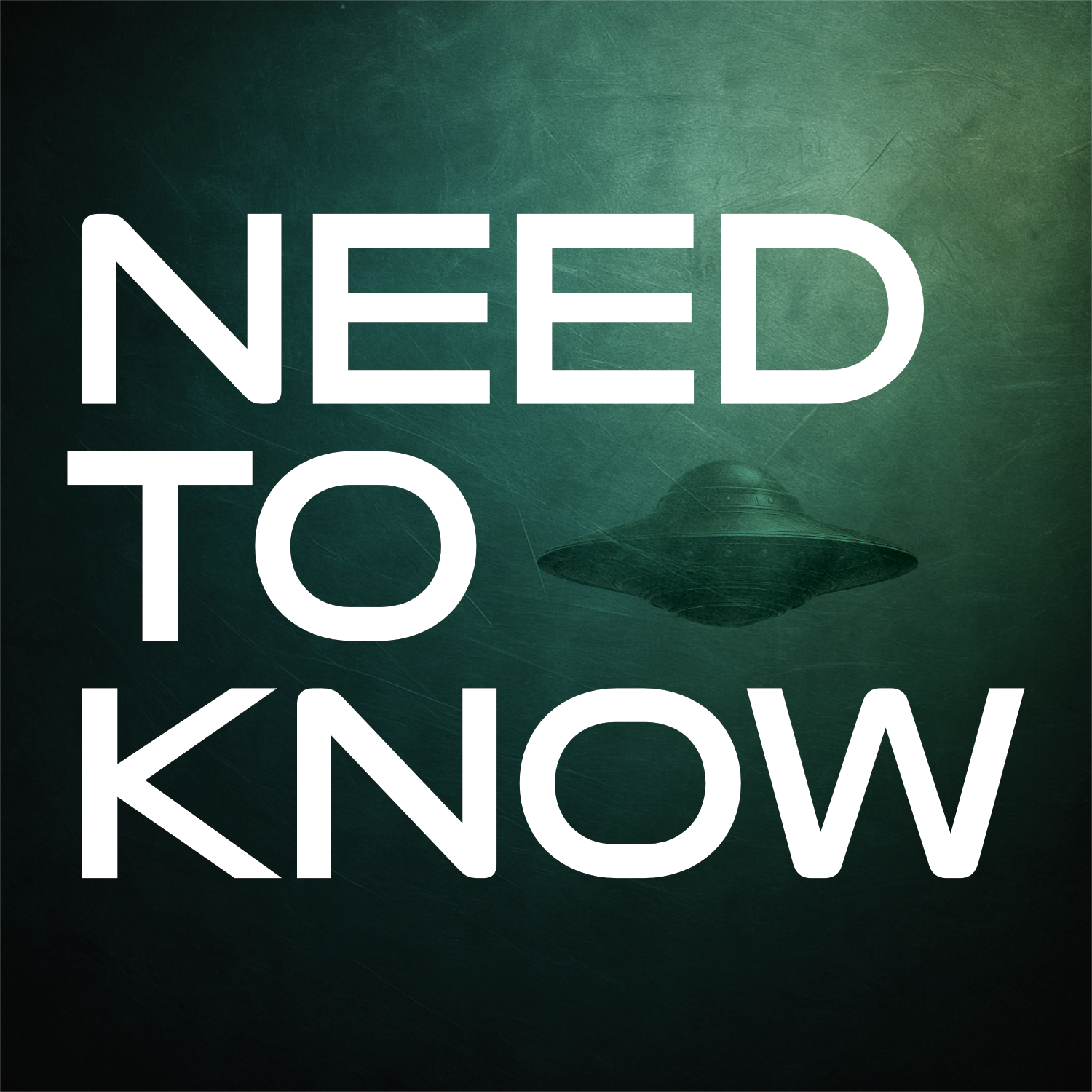
Need To Know
Bryce Zabel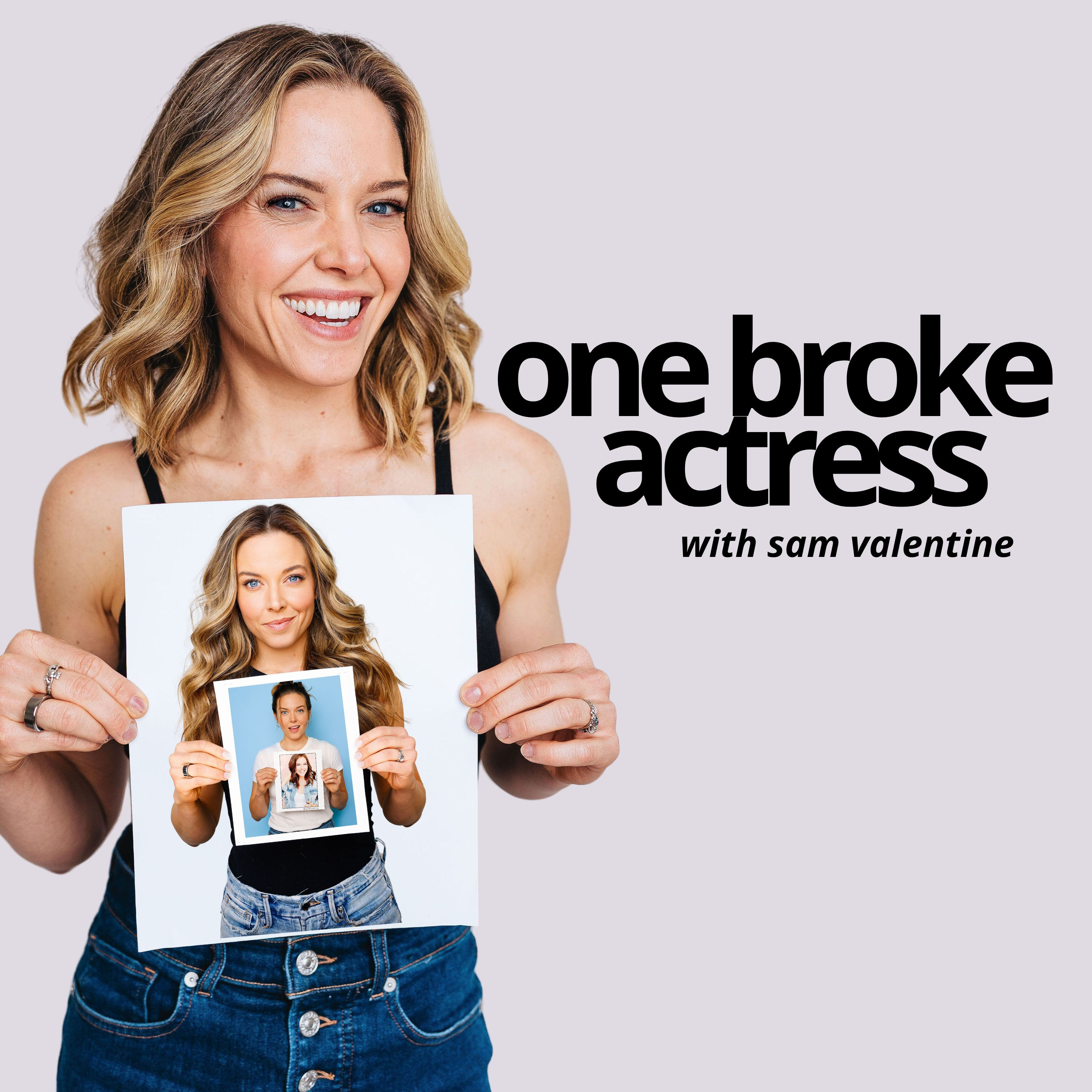
One Broke Actress
Sam Valentine
REAL ONES with Jon Bernthal
Jon Bernthal
SAG-AFTRA
SAG-AFTRA
SAG-AFTRA Foundation Conversations
SAG-AFTRA Foundation
Second Act Actors
Janet McMordie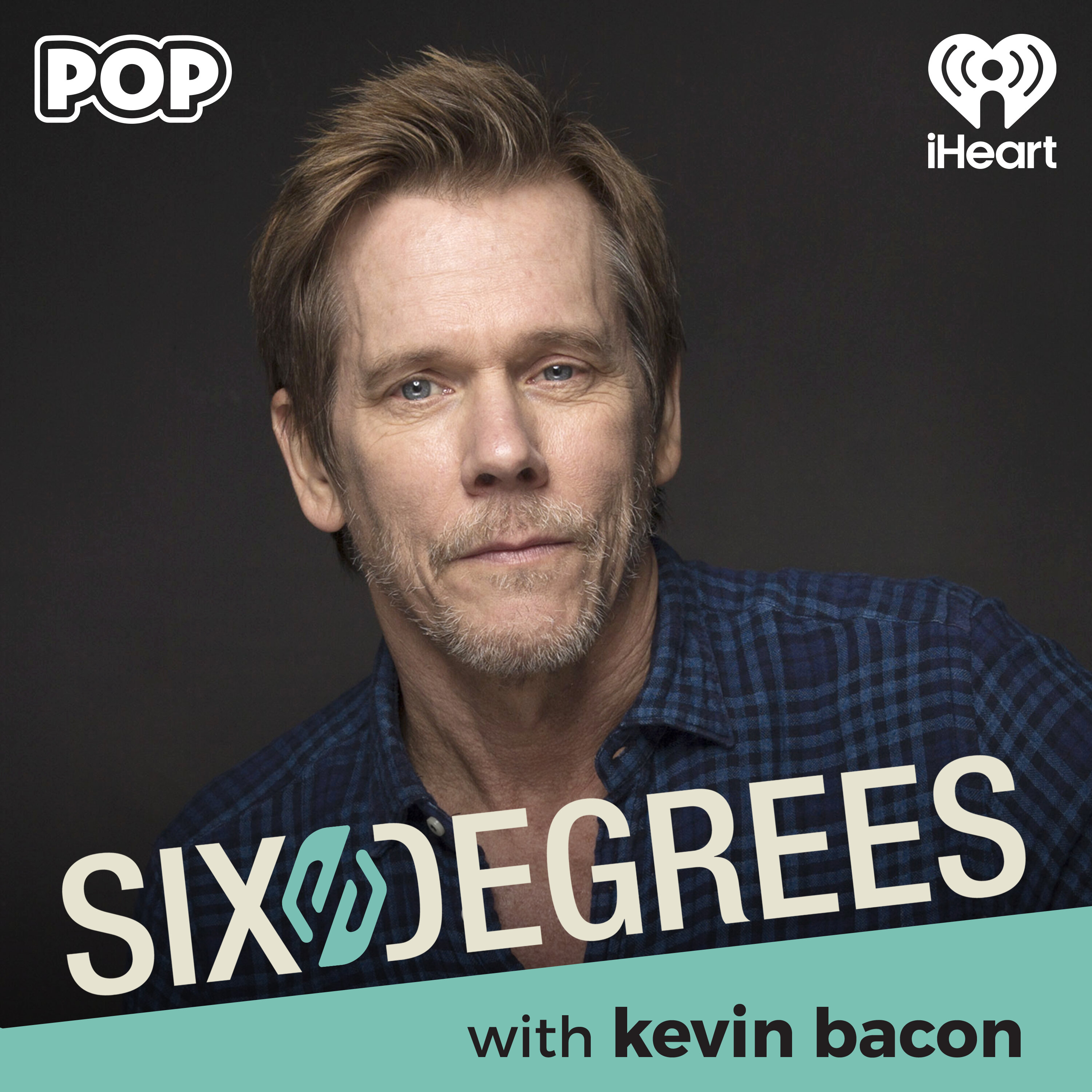
Six Degrees with Kevin Bacon
iHeartPodcasts and Warner Bros
SmartLess
Jason Bateman, Sean Hayes, Will Arnett
That One Audition with Alyshia Ochse
Alyshia Ochse
The 98%
Alexa Morden
The Acting Podcast from The BGB Studio
Risa Bramon Garcia and Steve Braun